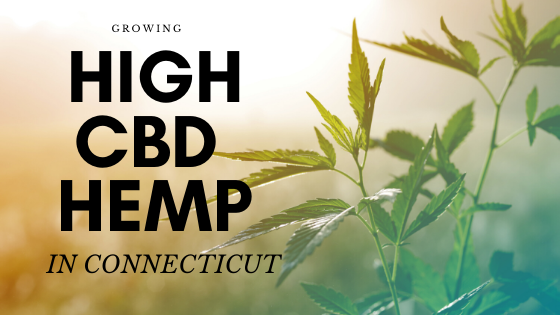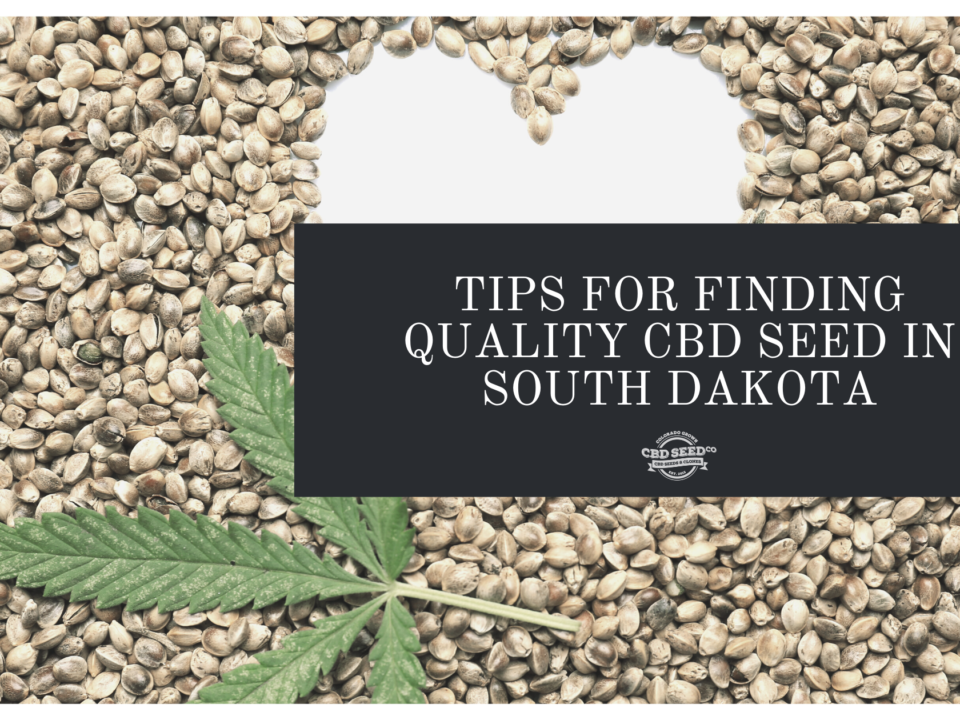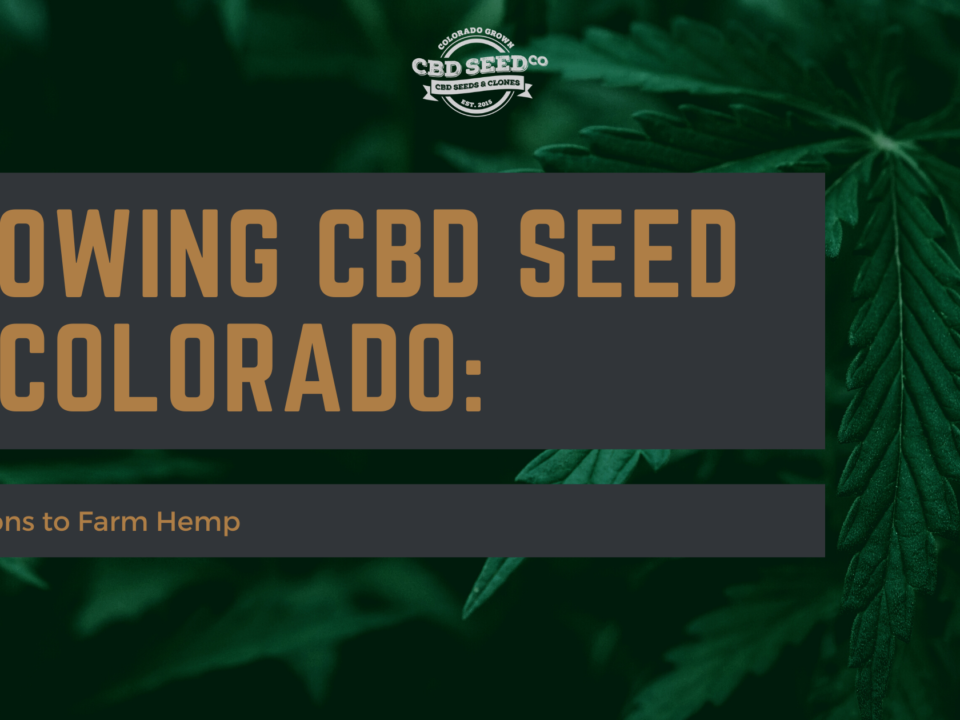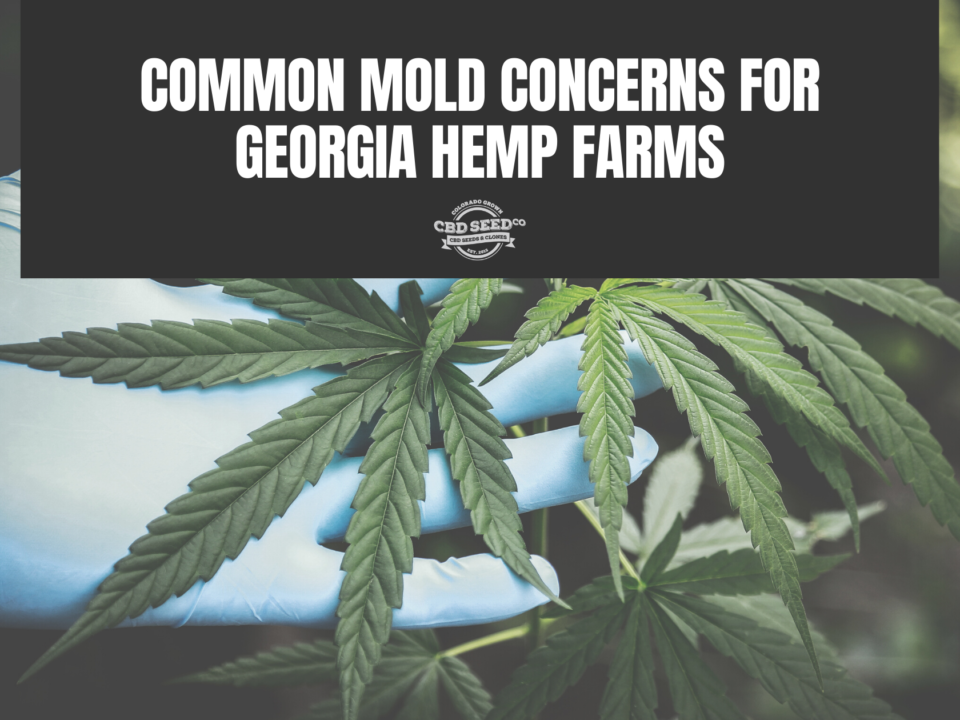Planting CBD Seed In Connecticut: Hemp Selling Tips for Farmers

10 Tips for Improving Profits When Planting CBD Seed In California
September 30, 2020
Planting CBD Seed In Indiana: Tips On Managing Hemp Farming Labor
September 30, 2020For farmers that are interested in joining the hemp industry, the newly established hemp program in Connecticut will lawfully allow you to do so. While the allure of profit potential is attracting a lot more farmers, one of the most common challenges that hemp farmers run into is finding buyers. Since hemp is different than any other crop– since there aren’t silos available to store your harvest, you’ll need to have buyers lined up ideally before you harvest your crops. There are actually a lot of different options for selling your crop, especially when planting CBD seed. Here are the different options available and what steps you should take to ensure the best profit.
Understanding CBD Hemp Biomass
In the hemp world, biomass can actually have two different meanings which can lead to some confusion. Some individuals in the industry use the term “hemp biomass” when referring to everything but the flower or buds on the plant which contains the crop’s cannabinoids, terpenes, and resin. This includes the stalks and leaves. Farmers that are planting CBD seed for CBD production can sell their leftover hemp biomass to buyers for building products, textiles, and more. In the CBD hemp industry, hemp biomass refers to the portions of the hemp plant that include flower or bud. This hemp biomass is often priced per pound and is sold to processing or extraction facilities in order to extract CBD.
Set the Price of Your CBD Hemp Biomass
Always analyze the local hemp market in order to have a better idea of how much your hemp biomass is worth. Before you start lining up potential buyers, you’ll want to understand how much your harvest is really worth in order to maximize your profits. While there are many factors that can impact the value of your biomass, the most important one is the amount of CBD your hemp contains. Growing low-quality plants with minimal CBD content won’t translate to better pricing per pound. If you’re able to find the right CBD seed to produce high-CBD biomass, this can really set you apart. That’s why investing in the right CBD seed is so crucial for any farm. You’ll want to make sure you have testing set up in order to certify your biomass and show your potential buyers.
How to Sell Your CBD Hemp Biomass
Here are some of the options available for selling your hemp biomass:
- Presell your harvest: It can be a great idea to sell your hemp before your crops are mature. Having a secure contract before you even plant your CBD seed can give you a better sense of security. This process allows you to do your research on buyers, take the time to negotiate the best prices, find the right strains for your buyer, and review the contract. If you decide to wait until harvest, you’ll have a much shorter window to find buyers and also be competing with other farmers that weren’t able to presell their hemp. Biomass buyers will always have the upper hand in these negotiations. If you decide that preselling is the best option for you, make sure to review the contract carefully. Make sure that you understand the CBD percentage standards for qualifying for your agreed price.
- Hire a hemp broker: Finding a hemp broker may be the easiest solution for this challenge. The right hemp broker will be someone that is very knowledgable of the hemp industry, has a substantial network of contacts, and has great communication skills. A licensed hemp broker will work as the middle man to get you connected with a hemp biomass buyer. A hemp broker should be able to find you a buyer, negotiate the best rate for your hemp, and take a commission of the sale in exchange. The commission is typically around 10% but could be higher. Hemp brokers can be ideal for first-time farmers and individuals that don’t have a lot of connections or have the negotiation experience. Make sure to take your time to really research and find a good hemp broker because the risk of working with a bad one can significantly impact your profits. Before signing any contracts, check your potential hemp broker’s track record.
- Sell directly to customers: Experienced farmers with more contacts in the hemp industry can cut out the middle man and may want to sell directly to customers. These customers will usually be extractors or processors. If you’re planning on taking this route, it may be best to consult with a legal professional in order to create the right contract for you and the buyer. Selling directly can help improve your profit margins– however, some customers can be hesitant to purchase from a new farmer with no previous track record.
- Sign a profit-share agreement: Connecticut farmers entering their first hemp season may struggle with the costs of switching to a different crop. Since high-quality CBD seeds, new farming equipment, new irrigation systems, and added labor are significant investments, one option is to sign a profit-share agreement with a biomass purchaser. The buyer would cover the upfront costs and share the profits with the farmer in this contract. While it can take some work finding a buyer willing to enter this agreement, this could be a great option for those that don’t have the ideal capital to start with.
- Hemp futures contract: Signing a futures contract with buyers can help mitigate some of the risks associated with farming. A hemp futures contract is usually signed before crops are planted and determines the price per pound that the buyer agrees to. This pricing is usually lower than what farmers can get in the open market but delivers the benefits of predictability and stability. Since the marketplace fluctuates, contracts can help protect you from an inconsistent market.
Work with Connecticut’s Trusted CBD Seed Supplier
CBD Seed Co. is honored to be the trusted CBD seed supplier serving Connecticut. Our team is always available to help you find potential buyers for your hemp biomass. We have the experience and connections to help you succeed long-term. For more information regarding where to sell your hemp biomass, please contact us!





